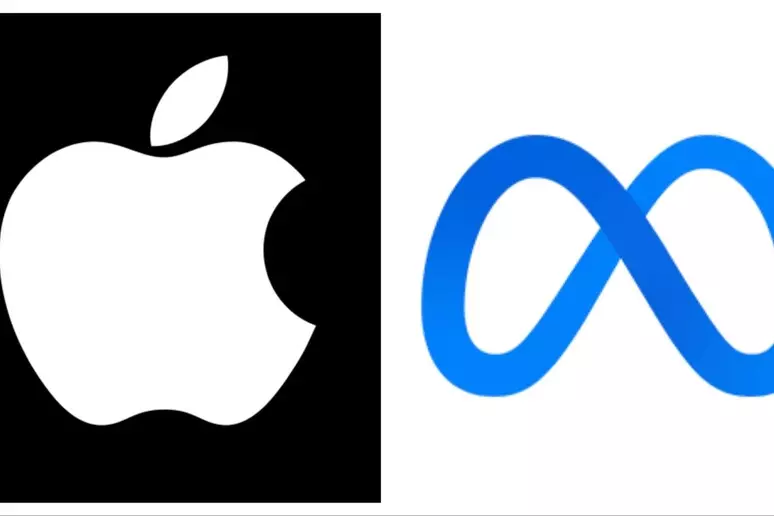Brussels has dealt a landmark blow to Silicon Valley giants this week, imposing hefty fines on Apple and Meta for breaching the European Union’s Digital Markets Act (DMA). The penalties mark the first time the bloc has wielded its new competition and consumer protection powers against the world’s largest technology firms, and send a clear message that no company, regardless of size or influence, is above European law.
On Tuesday, the European Commission announced that Apple would be fined €345 million for limiting developers’ ability to inform customers of alternative purchasing options outside the App Store. Meta, which includes Facebook, Instagram and WhatsApp, was hit with a €390 million penalty for preventing “seamless” data porting, effectively locking users into its messaging ecosystem. Under the DMA’s provisions, designated “gatekeepers” face strict prohibitions against selfpreferencing and unfair restrictions on thirdparty services.
Investigators determined that Apple’s App Store policies obstructed competition by withholding critical information, such as lower prices or external payment methods, from consumers. Meanwhile, Meta’s restrictions forced users to stay within its closed messaging environment, undermining interoperability and consumer freedom.
At the heart of the EU’s enforcement action is the DMA’s mandate to guarantee free business and consumer choice. “This includes ensuring that citizens have full control over when and how their data is used online, and businesses can freely communicate with their own customers,” noted Henna Virkkunen, Executive VicePresident for Tech Sovereignty, Security and Democracy.
Engin Eroglu, MEP and Executive Vice President of the European Democratic Party, put it in plain words “Whether TikTok, Meta or Apple, the same law should apply to everyone. Only in this way do we protect consumers and ensure fair competition. Anyone doing business in Europe must comply with European law. That is why this step is so important”.
This viewpoint is echoed by many across Brussels. In a statement, the Renew Group in the European Parliament said, “The European Commission has fined Apple and Meta for violating the Digital Markets Act, sending a clear message: no company is too big not to be held accountable. It’s time for the tech giants to play by the rules that protect us all.
“The fines against Apple and Meta set a crucial precedent for all giants like TikTok and X who believe they are escaping our laws by playing political levers,” said Sandro Gozi, Secretary General of the European Democratic Party. “European rules on consumer protection must be respected. Europe is showing that it is not compromising.”
The Commission’s decision orders Apple and Meta to change their practices within three months or face additional fines of up to 5 percent of their daily global turnover. Both companies have vowed to appeal. Apple argued that its App Store policies are essential to security and privacy, while Meta claimed that dataporting constraints are necessary to prevent fraud and abuse.
Legal experts suggest the rulings will ripple across the global tech industry. Firms classified as gatekeepers, such as Alphabet’s Google, Amazon and Microsoft, are watching closely, aware that similar probes could soon target their business practices. Moreover, smaller platforms like TikTok and X face growing pressure to demonstrate compliance or risk swift enforcement action.
The enforcement of the DMA represents a milestone in Europe’s quest for digital sovereignty. For years, Brussels has championed comprehensive regulations, from the General Data Protection Regulation (GDPR) to the proposed AI Act, to curb Big Tech’s influence. The Apple and Meta fines are the first concrete proof that the EU is prepared to back its regulatory ambitions with real penalties.
As Brussels and Washington continue their broader tariff and trade dispute, the DMA enforcement serves as both a bargaining chip and a warning, Europe will defend its digital rules just as vigorously as its industrial interests, and any future negotiations will have to account for the bloc’s unwavering commitment to regulatory sovereignty.












